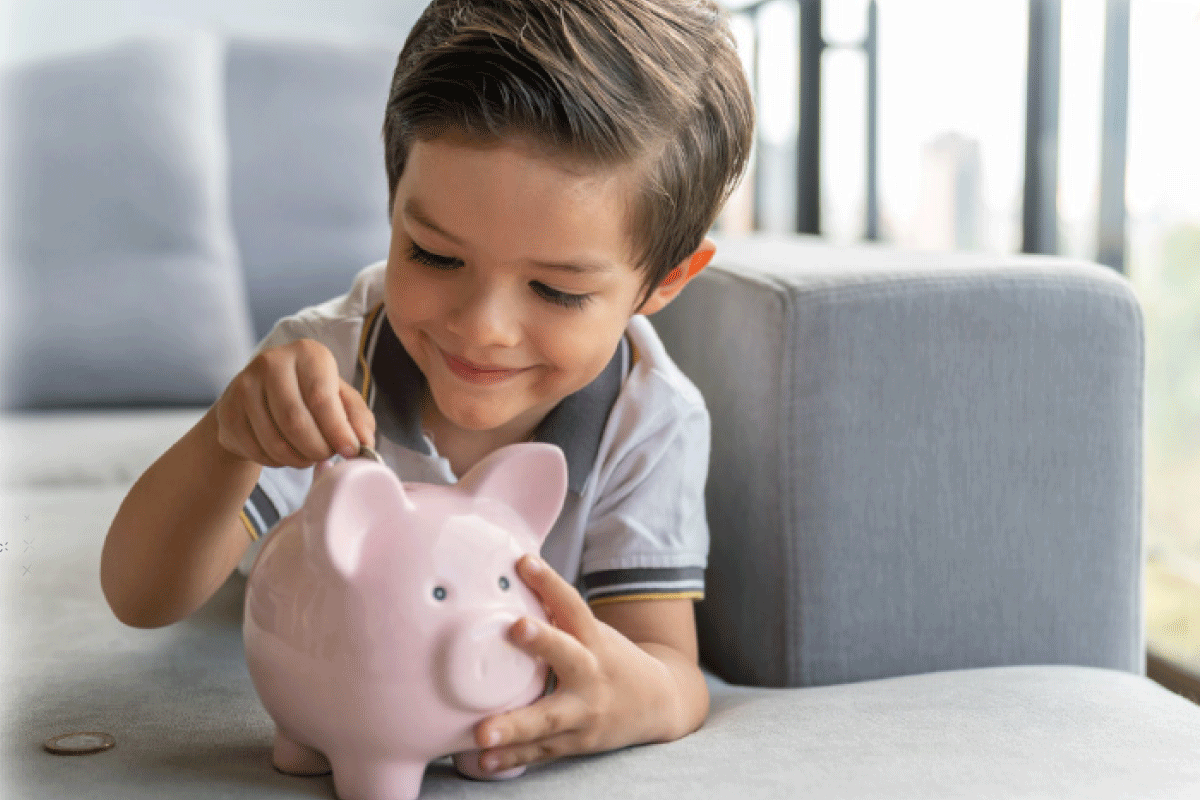Kick-start your children’s savings with a Junior Isa
Help younger members of the family build a nest egg for their future with a Junior Isa
3rd April 2020 10:16
by Rachel Lacey from interactive investor
Help younger members of the family build a nest egg for their future with a Junior Isa

Individual savings accounts are not just for adults. A Junior Isa (Jisa) can also be a great way to save for children or grandchildren without the worry of tax eating away at their returns.
In the current tax year (2019-20), you can pay a maximum of £4,368 into a Jisa without paying any tax on its growth. This limit is up from £4,260 for the tax year 2018-19. However, this limit will increase to £9,000 in the new tax year, which starts on 6 April, giving parents much more opportunity to save for their children.
Another plus for parents is the money cannot be accessed until the child’s 18th birthday, giving the cash plenty of time to grow into a meaningful sum.
However, ownership of the money then passes to the child and he or she can spend it as they like – so it is a good idea to have a chat with them about sensible spending.
The Isa itself is just a ‘wrapper’ that protects your child’s savings from tax.
Jisas are becoming more popular; in 2017-18, about 907,000 Jisa accounts were subscribed to, compared to 794,000 the previous year, according to the most recent HMRC Isa statistics. About 57% of the money saved was in cash, while the other 43% was invested in stocks and shares accounts.
Unlike most Cash Isas, rates on Cash Jisas are pretty impressive. At the top of the table for the seventh consecutive year, Coventry Building Society pays 3.6%.
However, Sarah Coles, personal finance analyst at Hargreaves Lansdown, says that parents should not rule out a Stocks and Shares Jisa.
“Parents can struggle to take a risk when it comes to their children’s savings. However, the biggest risk for a long-term investment isn’t the short-term ups and downs of the stock market, as over an 18-year period there is a decent chance of riding those out. The biggest risk is actually inflation,” she says.
“A Stocks and Shares Jisa actually involves less risk than parents think because over 18 years it has far more potential to outstrip inflation.”
Take the example of £50 a month being paid into a Cash Jisa, paying 3%. After 10 years it would be worth £6,989, according to Hargreaves Lansdown. That is not a bad return, but had that money been invested into an equity-based fund with an annual return of 6% a year, it would be worth £8,163.
Moira O’Neill, head of personal finance at interactive investor (Moneywise’s parent company), says parents must consider fees and charges when selecting a platform but says that some – including ii – offer fee-free Jisas if their parents already have an account.
She adds: “Our investors are generally investing in the same funds and trusts for their children as they do for themselves, with the perennially popular Fundsmith Equity and Scottish Mortgage Investment Trust making up the top two investments for Junior Isas – both of which top the respective most-bought funds and trusts tables for our adult accounts.”
Once the account is opened, O’Neill says it is also worth letting other family members know.
“Can grandparents contribute too? If you all agree to put a small amount of money into a child’s Junior Isa every Christmas and birthday, this could amount to thousands of pounds over their childhood,” she adds.
Moneywise Children’s Savings Awards 2020
Best Junior Isa (Cash):
Coventry Building Society. Pays 3.6%, minimum investment £1. Accepts transfers in.
Best Junior Isa (Stocks and Shares):
Hargreaves Lansdown. Invest from £100 lump sum or from £25 a month into a choice of 2,500-plus funds, shares, investment trusts and ETFs (exchange-traded funds). Platform fee: 0.45%.
This article was originally published in our sister magazine Moneywise, which ceased publication in August 2020.
These articles are provided for information purposes only. Occasionally, an opinion about whether to buy or sell a specific investment may be provided by third parties. The content is not intended to be a personal recommendation to buy or sell any financial instrument or product, or to adopt any investment strategy as it is not provided based on an assessment of your investing knowledge and experience, your financial situation or your investment objectives. The value of your investments, and the income derived from them, may go down as well as up. You may not get back all the money that you invest. The investments referred to in this article may not be suitable for all investors, and if in doubt, an investor should seek advice from a qualified investment adviser.
Full performance can be found on the company or index summary page on the interactive investor website. Simply click on the company's or index name highlighted in the article.